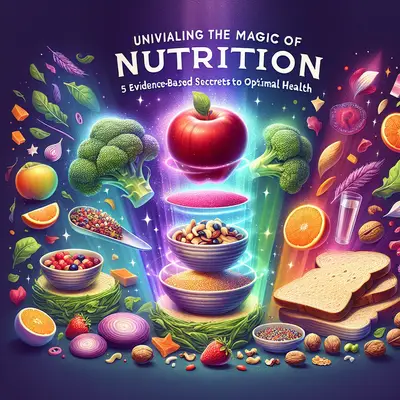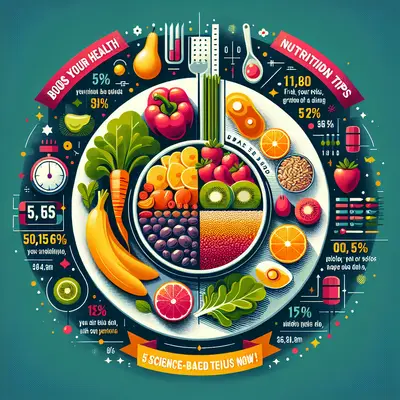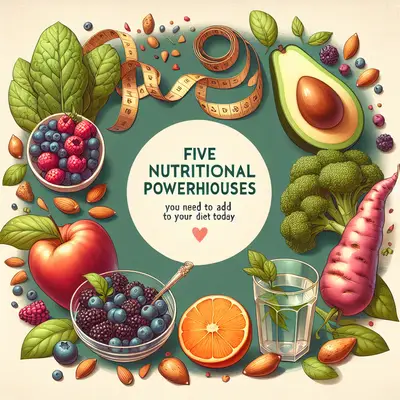Understanding the "Sushi-Grade" Myth
The term "sushi-grade" fish is often used to indicate the highest quality seafood, safe for raw consumption. However, it's crucial to understand that there's no standard regulation or grading system that governs what can be labeled as "sushi-grade." This term is more marketing than a measure of quality or safety. Be sure to purchase seafood from a reputable source, ask about their freshness standards, and, when in doubt, cook your fish to kill any potential parasites.
Omega-3 Fatty Acids and Seafood
Seafood, especially fatty fish like salmon, mackerel, and sardines, are rich in Omega-3 fatty acids, beneficial for heart health. Studies show that Omega-3 fatty acids can lower blood pressure, reduce the risk of heart disease, and improve brain function. Incorporating seafood in your diet at least twice a week can help you reap these health benefits.
High-Quality Protein Source
Seafood is an excellent source of high-quality protein, which is essential for building muscle, repairing body tissues, and contributing to a feeling of fullness. Seafood proteins are complete, meaning they contain all the essential amino acids your body needs to function correctly.
Rich in Essential Vitamins and Minerals
Seafood is a treasure trove of vitamins and minerals, including Vitamin D, B2 (Riboflavin), calcium, zinc, iron, and iodine. It's especially abundant in Vitamin B12, essential for creating red blood cells and maintaining nerve function. Regular seafood consumption can contribute significantly to meeting these nutritional needs.
Sustainable Seafood Choices
While seafood offers numerous health benefits, overfishing and harmful fishing practices are critical environmental concerns. Choosing sustainably sourced seafood helps protect ocean biodiversity and ensures a continued supply of this nutritious food source. Look for third-party certifications like the Marine Stewardship Council (MSC) or the Aquaculture Stewardship Council (ASC) when buying seafood.
Conclusion
Understanding the nutritional value of seafood and the marketing myths surrounding it is vital for making informed dietary choices. Remember, while "sushi-grade" fish might sound appealing, what matters most is the quality, freshness, and sourcing of your seafood. Incorporating a variety of sustainably sourced fish and shellfish into your diet can provide a wealth of health benefits, contributing to a well-rounded, nutritious diet.



